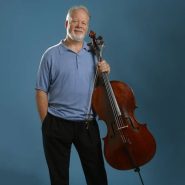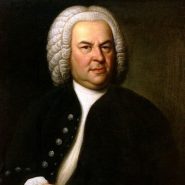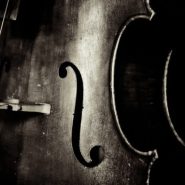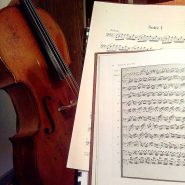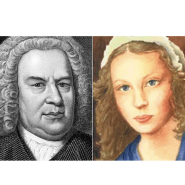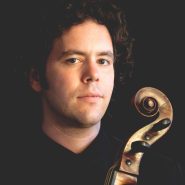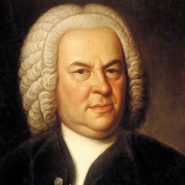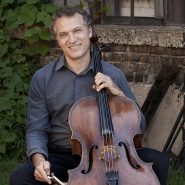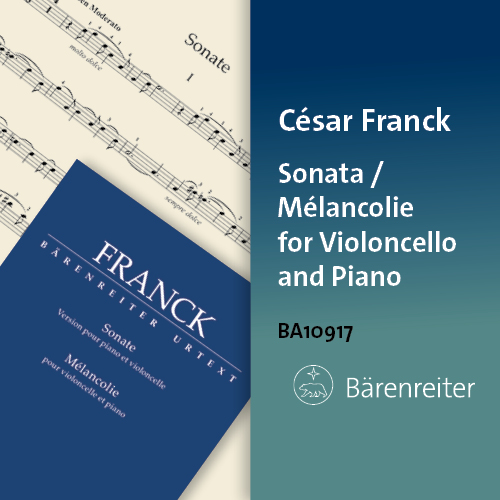Tag: Bach Suites
By Tim Janof March 8, 2021
Subjects Interviews
By Lluis Claret March 30, 2019
Subjects Repertoire
Tags Bach, Bach Suites, cello, cellobello, Claret, experiences, Interpretation, Lluis, music, opportunity, perfection, performance, reflection, Suites
By Inbal Segev February 13, 2017
Subjects Baroque, Repertoire
Tags Bach, Bach Suites, cellobello, CelloBlog, inbal segev
By Inbal Segev February 9, 2017
Subjects Baroque, Repertoire
By Colin Carr February 2, 2017
Subjects Baroque, Repertoire
Tags Bach Suites, cello, cellobello, CelloBlog, Colin Carr
By Laurence Lesser November 20, 2015
Subjects Artistic Vision
By Guy Fishman October 25, 2013
Subjects Baroque, Historical
Tags academic, Anner Bylsma, Bach Suites, Baroque, Beethoven, Boccherini, Brahms, Carter Brey, cellists, cello, cellobello, critic, curiosity, David Soyer, dual careers, endpins, experiments, gut strings, historically-informed performance, interest, Jascha Heifetz, Matt Haimovitz, modern playing, New York, Pablo Casals, Paul Katz, performance, possibility, prominence, teachers, Vivaldi, Yo-Yo Ma
By Robert Battey January 16, 2013
Subjects Repertoire
Tags accuracy, ambiguity, Anna Magdalena, Anner Bylsma, artistic, autograph, Bach, Bach Cello Suites, Bach Suites, Bach's original intentions, Bach’s precise intentions, Barenreiter, Battey, careless, cello, cellobello, challenges, colors, complexities, conclusions, curiosity, dilemma, Editions, editors, enjoyment, experimentation, flawed, genius, historical, inconsistent copies, instrument control, Instruments, interpretive creativity, interpretive ideas, Janos Starker, judgment, liberation, lute, lute arrangement, meaningful interpretations, monochromatic, normal teaching model, Pablo Casals, painting, parameters, paris, personal research, personality, phrasing, Pierre Fournier, printing, publications, rainbows, recordings, repertoire, response, Rhythm, robert, sloppy, slurs, study, Teaching, text booklet, textual, The Fencing Master, transcribing, uncertainties, virtuosity
By Brandon Vamos March 14, 2011
Subjects Practicing
